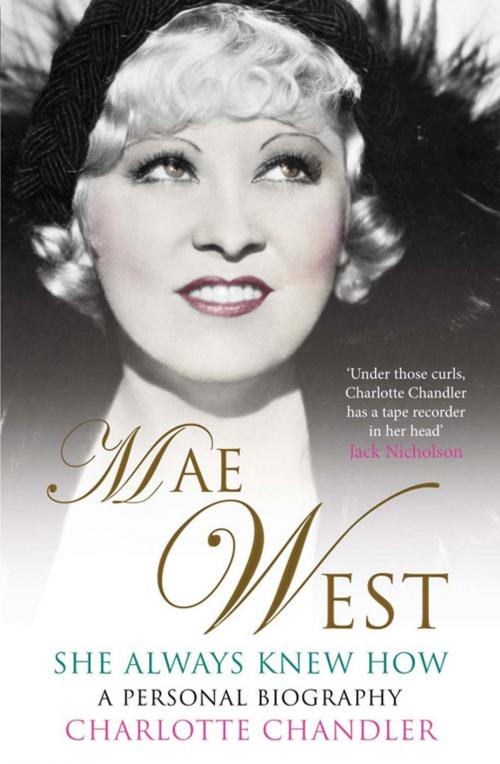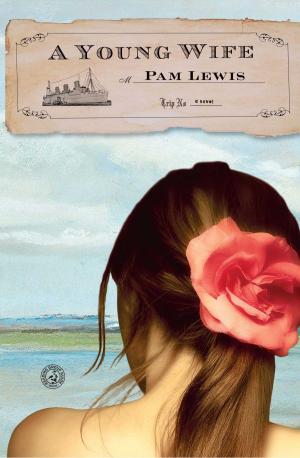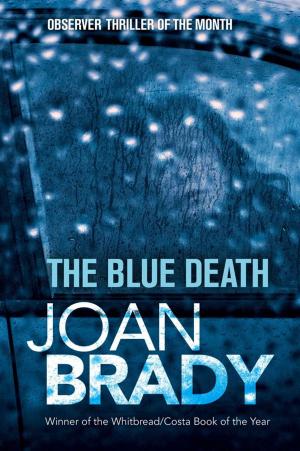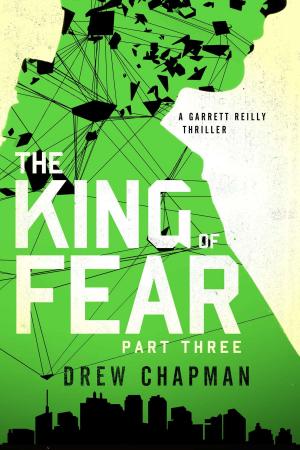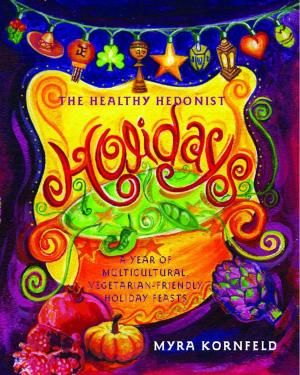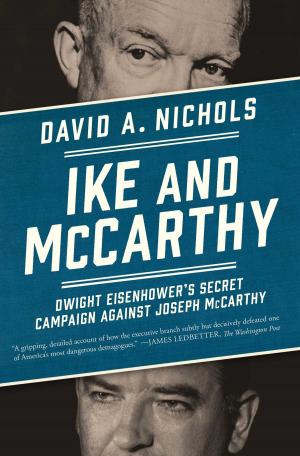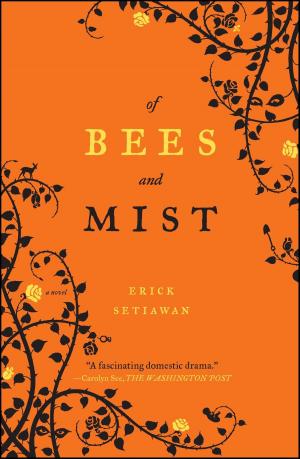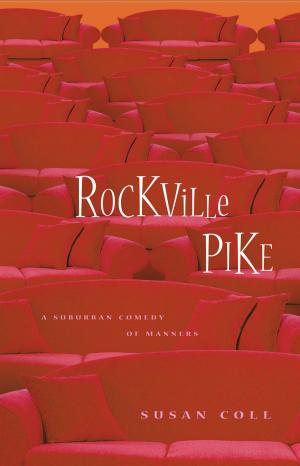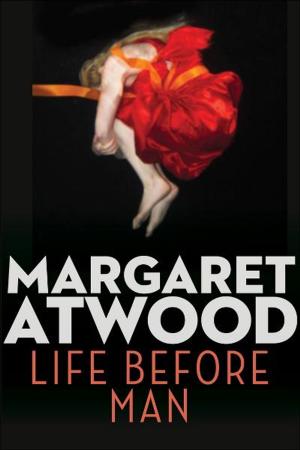She Always Knew How
Mae West, a Personal Biography
Biography & Memoir, Entertainment & Performing Arts| Author: | Charlotte Chandler | ISBN: | 9781416579137 |
| Publisher: | Simon & Schuster | Publication: | February 10, 2009 |
| Imprint: | Simon & Schuster | Language: | English |
| Author: | Charlotte Chandler |
| ISBN: | 9781416579137 |
| Publisher: | Simon & Schuster |
| Publication: | February 10, 2009 |
| Imprint: | Simon & Schuster |
| Language: | English |
In She Always Knew How, her wonderful new biography of legendary actress Mae West, acclaimed biographer Charlotte Chandler draws on a series of interviews she conducted with the star just months before her death in 1980. From their first meeting, where West held out a diamond-covered hand in greeting and lamented her interviewer's lack of jewels, to their farewell, where the star was still gamely offering advice on how to attract men, Mae West and Charlotte Chandler developed a warm rapport that glows on every page of this biography.
Actress, playwright, screenwriter, and iconic sex symbol Mae West was born in New York in 1893. She created a scandal -- and a sensation -- on Broadway with her play Sex in 1926. Convicted of obscenity, she was sentenced to ten days in prison. She went to jail a convict and emerged a star. Her next play, Diamond Lil, was a smash, and she would play the role of Diamond Lil in different variations for virtually her entire film career.
In Hollywood she played opposite George Raft, Cary Grant (in one of his first starring roles), and W. C. Fields, among others. She was the number one box-office attraction during the 1930s and saved Paramount Studios from bankruptcy. Her films included some notorious one-liners -- which she wrote herself -- that have become part of Hollywood lore: from "too much of a good thing can be wonderful" to "When I'm good, I'm very good. When I'm bad, I'm better." Her risqué remarks got her banned from radio for a dozen years, but behind the clever quips was Mae's deep desire, decades before the word "feminism" was in the news, to see women treated equally with men. She saw through the double standard of the time that permitted men to do things that women would be ruined for doing.
Her cause was sexual equality, and she was shrewd enough to know that it was perhaps the ultimate battleground, the most difficult cause of all. In addition to her extensive interviews of Mae West, Chandler also spoke with actors and directors who worked with and knew the star, the man with whom she lived for the last twenty-seven years of her life, as well as her closest assistant at the end of her life. Their comments and insights enrich this fascinating book. She Always Knew How captures the voice and spirit of this unique actress as no other biography ever has.
In She Always Knew How, her wonderful new biography of legendary actress Mae West, acclaimed biographer Charlotte Chandler draws on a series of interviews she conducted with the star just months before her death in 1980. From their first meeting, where West held out a diamond-covered hand in greeting and lamented her interviewer's lack of jewels, to their farewell, where the star was still gamely offering advice on how to attract men, Mae West and Charlotte Chandler developed a warm rapport that glows on every page of this biography.
Actress, playwright, screenwriter, and iconic sex symbol Mae West was born in New York in 1893. She created a scandal -- and a sensation -- on Broadway with her play Sex in 1926. Convicted of obscenity, she was sentenced to ten days in prison. She went to jail a convict and emerged a star. Her next play, Diamond Lil, was a smash, and she would play the role of Diamond Lil in different variations for virtually her entire film career.
In Hollywood she played opposite George Raft, Cary Grant (in one of his first starring roles), and W. C. Fields, among others. She was the number one box-office attraction during the 1930s and saved Paramount Studios from bankruptcy. Her films included some notorious one-liners -- which she wrote herself -- that have become part of Hollywood lore: from "too much of a good thing can be wonderful" to "When I'm good, I'm very good. When I'm bad, I'm better." Her risqué remarks got her banned from radio for a dozen years, but behind the clever quips was Mae's deep desire, decades before the word "feminism" was in the news, to see women treated equally with men. She saw through the double standard of the time that permitted men to do things that women would be ruined for doing.
Her cause was sexual equality, and she was shrewd enough to know that it was perhaps the ultimate battleground, the most difficult cause of all. In addition to her extensive interviews of Mae West, Chandler also spoke with actors and directors who worked with and knew the star, the man with whom she lived for the last twenty-seven years of her life, as well as her closest assistant at the end of her life. Their comments and insights enrich this fascinating book. She Always Knew How captures the voice and spirit of this unique actress as no other biography ever has.
